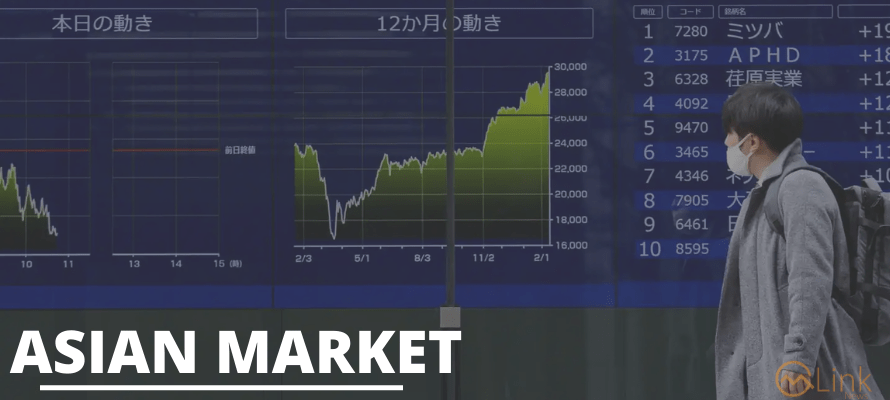November 04, 2021: The Bank of England is forecast to raise its main interest rate Thursday for the first time since 2018 after the reopening of pandemic-hit economies caused inflation to surge worldwide.
Economists are predicting that the BoE led by governor Andrew Bailey could hike its key borrowing cost from a record low of 0.1 percent to 0.25 percent following a regular policy meeting.
Other central banks across the globe have recently tightened policy to cool soaring prices and still more are considering following suit.
Monetary policymakers are also deciding on whether to taper huge emergency cash stimulus support that has kept economies afloat during the pandemic.
The US Federal Reserve on Wednesday said it will start reducing the pace of its stimulus bond purchases later this month as the US economy makes a solid recovery from the pandemic.
It maintained its view that inflation is transitory and Chairman Jerome Powell said the Federal Reserve “can be patient” about raising interest rates.
The European Central Bank and Bank of Japan are holding fire for now on rates and stimulus, but central banks in countries such as Brazil, Singapore, South Korea and New Zealand have all increased borrowing costs recently.
The Bank of Canada has ended its significant bond-buying stimulus programme, and has flagged an interest rate hike earlier in 2022 than envisaged.
In the UK, “the long game of limbo for the Bank of England appears almost at an end, with expectations growing that there will be a rate rise” Thursday, said Susannah Streeter, senior investment analyst at Hargreaves Lansdown.
“Not because the economy has limbered right back to full health, but because what was just a niggling pain of inflation a few months ago, is now flaring up.”
The BoE's new chief economist Huw Pill has predicted that the UK annual inflation rate risks shooting above 5.0 percent in the coming months from 3.1 percent currently.
For its part, the British government is forecasting an annual average rate of 4.0 percent over the next year — double the BoE target — after energy costs soared and reopening economies suffer from supply shortages.
European Central Bank President Christine Lagarde on Wednesday said that despite a current surge in prices, the outlook for eurozone “inflation over the medium term remains subdued”.
She added that the ECB was “very unlikely” to raise its interest rates even next year.
Economists are meanwhile not unanimous in thinking the BoE will raise its interest rate as early as Thursday, even if financial markets have priced in such a move.
“There are some compelling reasons why the Bank might wait before tightening policy, and it was only six weeks ago that the Monetary Policy Committee voted unanimously to keep interest rates on hold, so a shift to tighter policy would be a sharp U-turn,” noted Laith Khalaf, head of investment analysis at AJ Bell.
“The Bank's judgement that inflation is transitory hasn't really been tested (…) The data is notoriously unreliable at the moment, thanks to the distortions created by the pandemic.”
As the pandemic erupted in March 2020, the BoE slashed its key interest rate from 0.75 percent and also began pumping massive sums of new cash into the economy.
It has created £450 billion under its quantitative easing programme since March last year, when Britain imposed its first coronavirus lockdown.
Prior to that, it had pumped hundreds of billions of pounds worth of QE into the UK economy over a decade following the global financial crisis and Brexit.
The central bank's total emergency stimulus package stands at £895 billion.
The BoE's last rate rise was in August 2018 when it hiked borrowing costs to 0.75 percent from 0.5 percent amid high inflation.
AFP/APP
27869







